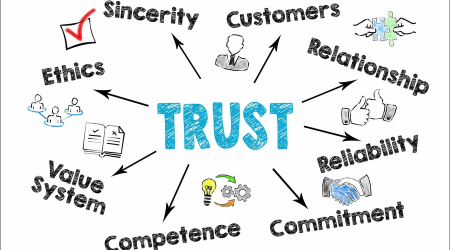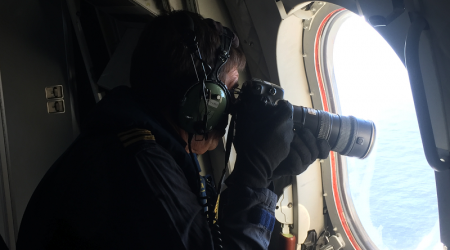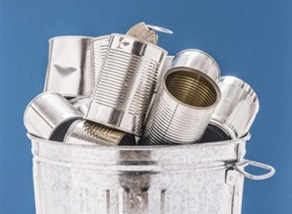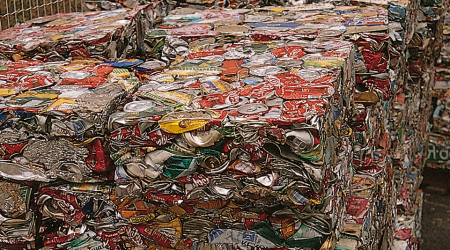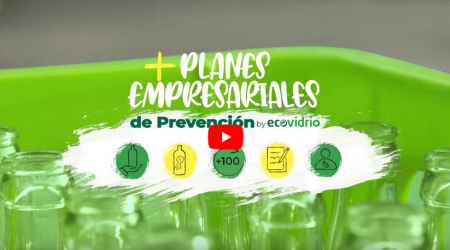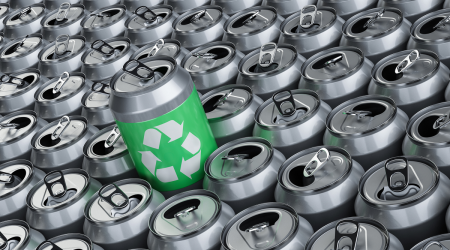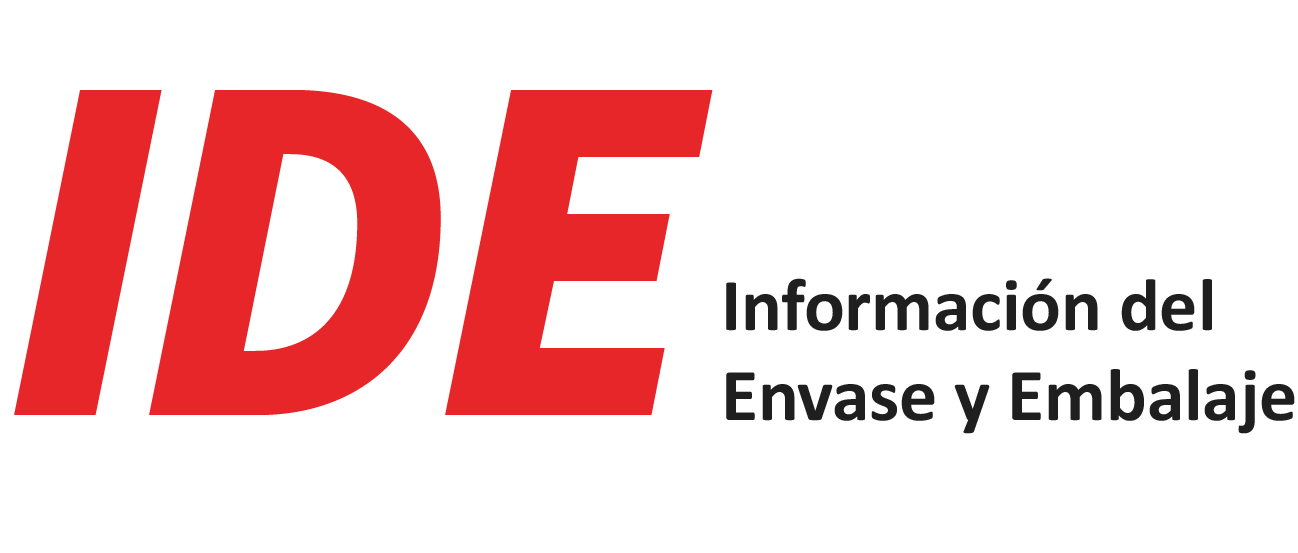Packaging for people, planet and profit – a sustainability checklist
The Food and Drink Federation (FDF) and the Industry Council for research on Packaging and the Environment (INCPEN) published “Packaging for people, planet and profit – a sustainability checklist”
With a foreword from Environment Minister Thérèse Coffey, the checklist will help companies choose and optimise their packaging systems in order to continuously improve the sustainability of their value chain. It provides practical guidance for companies to improve resource efficiency at all stages of a packaged product’s journey while ensuring that the essential functionality of the packaging is not compromised. While including references to relevant regulation and guidance, the checklist also encourages companies to go above and beyond legal requirements.
It will support businesses in considering packaging as part of the total product system for delivering products from point of production to point of consumption. This in turn will help strike the optimal balance between the often competing demands of designing packaging for optimum functionality, reuse and recovery considerations, and reduced transport impacts.
The checklist also represents the first deliverable under FDF’s Ambition 2025 – to minimise the impact of used packaging associated with food and drink products and to encourage innovation in packaging technology and design that contributes to overall product sustainability.
 Helen Munday, Director of Food Safety, Science and Sustainability and Chief Scientific Officer, Food and Drink Federation, said:
Helen Munday, Director of Food Safety, Science and Sustainability and Chief Scientific Officer, Food and Drink Federation, said:
“This guidance will help businesses choose and optimise their use of packaging in ways that will contribute to a net improvement in the use of resources across the value chain. This improvement can be achieved whilst continuing to ensure that food safety and quality requirements are not compromised. We encourage all food and drink operators to use it.”
 Jane Bickerstaffe, Director of INCPEN, said:
Jane Bickerstaffe, Director of INCPEN, said:
“The checklist will help companies improve packaging for food and drink and other products, make it more consumer-friendly and make supply chains more resource-efficient. Supply chain companies are more aware of, and responsive to, environmental concerns than many businesses. This checklist will help them demonstrate that responsiveness to the public.”
“Packaging for people, planet and profit – a sustainability checklist” can be found here: Packaging for people, planet and profit – a sustainability checklist
*The Food and Drink Federation (FDF) is the voice of the food and drink manufacturing industry – the UK’s largest manufacturing sector.
*The Industry Council for research on Packaging and the Environment (INCPEN) is a group of manufacturers and retailers from across the supply chain who carry out research to understand the environmental and social effects of packaging and work together to promote resource efficient packaging for sustainable supply chains.
*More guidance from INCPEN is available:
· The Bit at the Bottom – guidance on how companies can help consumers get the last bit of product out of packaging
· Packaging and the Internet – guidance on designing packaging for ecommerce – enough packaging so products do not get damaged but not too much.
*Both FDF and INCPEN will track the reach of the checklist through the number of organisations that download it and will monitor its use through member feedback.
FDF’s Ambition 2025 sustainability commitments can be found here: https://www.fdf.org.uk/sustainability-ambition2025.aspx





